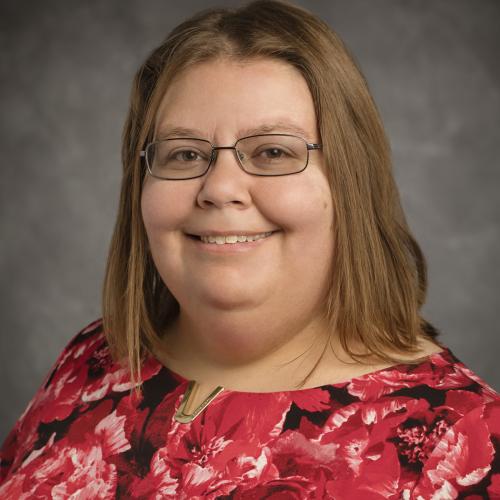Assistant Professor Jodi Schneider, CAS student Janina Sarol (MSIM '17), and undergraduate Linxi Liu will discuss their research at the European Conference on Information Retrieval (ECIR 2018) in Grenoble, France. Sarol will present their paper, "Testing a Citation and Text-Based Framework for Retrieving Publications for Literature Reviews," at the conference’s Bibliometric-enhanced Information Retrieval workshop on March 26.
Using the framework they created, the researchers collected articles that were connected in the citation network and filtered them using a combination of citation- and text-based criteria. Their paper discusses how well their framework performed in its first implementation, compared to conventional search methods of six published systematic reviews.
"Using different combinations of seed articles, we were able to retrieve up to eighty-seven percent of the total included studies in the published reviews and one hundred percent of the studies available in the search database we mined," said Schneider. "In the worst case, we retrieved five percent more results than the conventional search methods. These results suggest that our framework is a promising complementary approach to help reduce the number of articles manually screened by reviewers."
Schneider studies scholarly communication and social media through the lens of arguments, evidence, and persuasion. She is developing linked data (ontologies, metadata, Semantic Web) approaches to manage scientific evidence. She holds a PhD in informatics from the National University of Ireland, Galway. Prior to joining the iSchool in 2016, Schneider served as a postdoctoral scholar at the National Library of Medicine, University of Pittsburgh, and INRIA, the national French Computer Science Research Institute.
